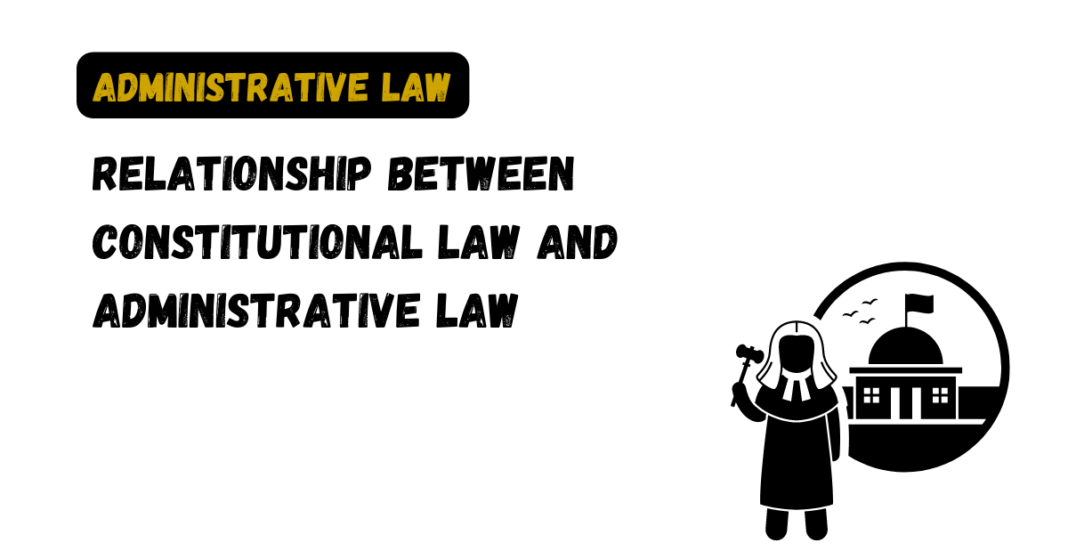Administrative law and constitutional law are closely related and intertwined because administrative agencies are created and operate within the framework of the Constitution. Here are some ways in which administrative law and constitutional law intersect:
Separation of Powers
Constitutional Law:
The Constitution establishes the separation of powers between the legislative, executive, and judicial branches of government.
Administrative Law:
Administrative agencies are part of the executive branch and are subject to the oversight of the legislative and judicial branches. Administrative law is concerned with the regulation of administrative agencies, ensuring that they operate within their delegated powers and that they do not violate the separation of powers.
Due Process
Constitutional Law:
The Constitution provides for the protection of individual rights through the Due Process Clause.
Administrative Law:
Administrative law requires administrative agencies to provide due process to individuals and organizations affected by their decisions.
Judicial Review
Constitutional Law:
The Constitution provides for the power of the courts to review the actions of administrative agencies.
Administrative Law:
Administrative law sets out the standards for judicial review, such as the standard of review and the scope of review.
Delegation of Powers
Constitutional Law:
The Constitution grants specific powers to the legislative branch, and administrative agencies are delegated powers by Congress or the state legislature.
Administrative Law:
Administrative law governs the delegation of powers and ensures that agencies are acting within the scope of their delegated authority.
In summary, administrative law is an essential aspect of constitutional law because it ensures that administrative agencies operate within the constitutional framework established by the legislature and the courts. Administrative law and constitutional law work together to ensure that government actions are consistent with the rule of law and the protection of individual rights.





